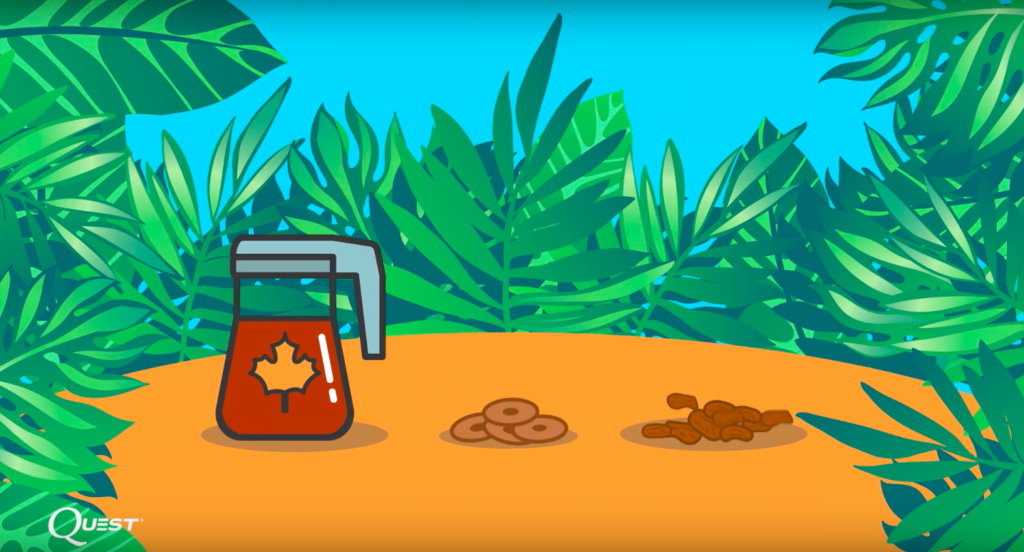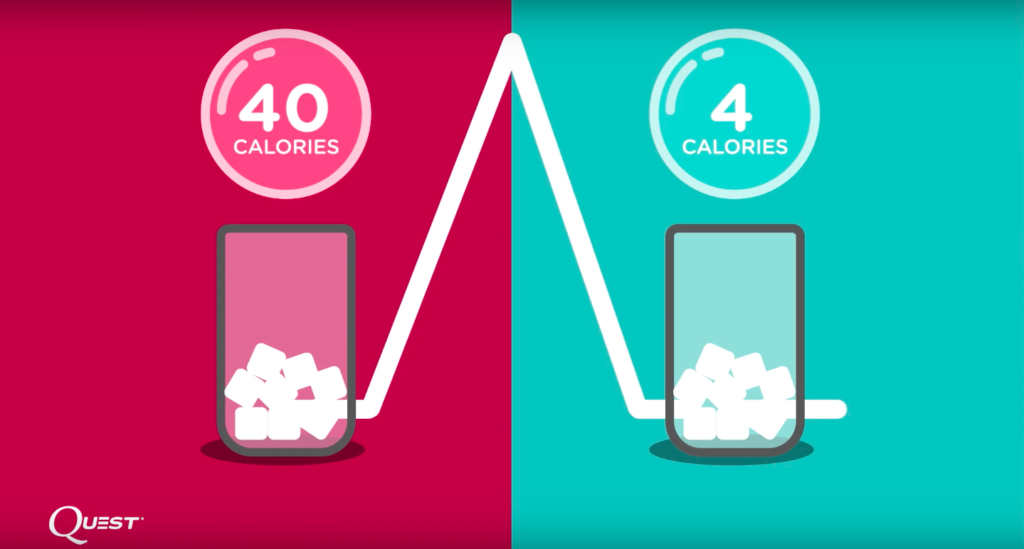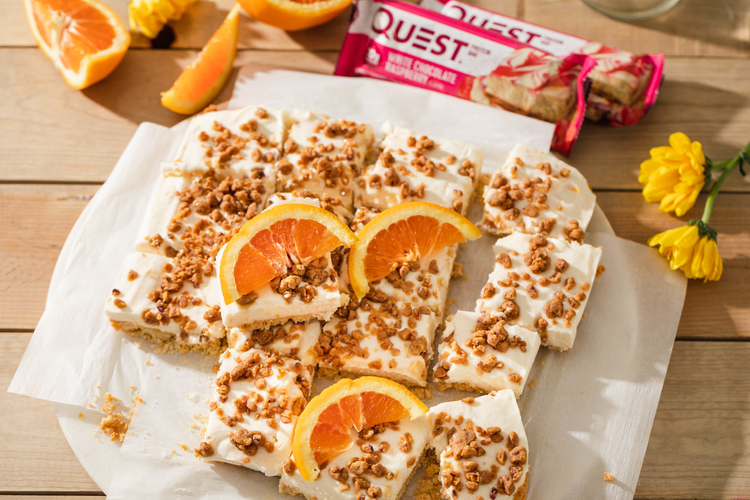The Ingredients Deck: Why we’re excited about Allulose
All the taste and texture of sugar without the negatives.
Quest has just begun experimenting with a new sweetener called Allulose and so far we’ve been blown away by the results. We think Allulose has the potential to revolutionize food. It tastes like sugar, it acts like sugar (same sweetness, texture, and mouthfeel), but it has only 1/10 of the calories and none of the adverse blood glucose effects of sugar.
We’re committed to the relentless pursuit of nutritional truth. That means we’re always on the hunt for exciting, innovative ingredients like this that will help us end the global slide toward ill health with the most delicious and metabolically-beneficial foods possible.
We spend a lot of time studying the science of sweeteners (sugar-alternatives). There’s no point in making clean food if it doesn’t also taste amazing. For the past few years, we’ve been using a combination of scientifically trusted sweeteners like Sucralose, and natural sweeteners like Stevia and Erythritol.
We’ve made some delicious foods with those sweeteners, but we make it a point to keep our eyes, ears, and minds open in case tastier, more metabolically advantageous alternatives should present themselves.

When we discovered Allulose, we thought it was too good to be true. Allulose occurs in small quantities in nature, in things like maple syrup, figs, and raisins. Unlike traditional table sugar (sucrose), which contributes 4 Calories per gram, Allulose only contributes 0.4 Calories per gram. So, if you put 10g of traditional sugar in something, that amounts to 40 calories, whereas if you put 10g of Allulose in something, it only contributes 4 Calories. Total.
What’s even more impressive – it doesn’t even move the needle when measuring blood sugar. We’ve done our own testing and the results have been incredible. From what we’ve seen so far, Allulose has no measurable impact on blood glucose. In fact, in a few cases, blood sugar actually went DOWN after consuming a product made with Allulose. But you don’t have to take our word for it. We encourage you to put this to the test and let us know what you discover!
In practice, Allulose also behaves more like traditional sugar than any other sweeter we’ve encountered before. It bakes well, it has a similar texture, and it doesn’t have the sour or bitter aftertaste that people often report with other non-sugar sweeteners. In blind taste tests, products made with Allulose performed as well as products made with traditional sugar.

Here’s where people are going to get confused: even though Allulose is low-calorie and doest impact blood glucose, the FDA requires it to be listed in the sugars section on the nutrition facts panel because of its molecular makeup. This is going to raise a lot of red flags in the nutrition community. We can just see it now: “Quest, WHAT?! There are 10 grams of sugar in this?!”
And the answer is, “Yes. But not normal sugar.” Those 10 grams don’t have any of the negative side effects you’d typically associate with sugar: it won’t metabolize the same way traditional sugar does. Remember, it wont spike your blood glucose and it’s virtually Calorie free.
We’re excited for you to try the products we’re making with Allulose. We think this ingredient is going to be instrumental in our Quest to revolutionize food and make clean eating fun. To sample the new products we’re making with Allulose, you’ll need to be a member of Quest Labs — sign up for the wait list here!



